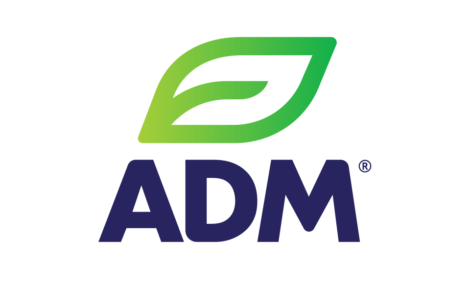



Direct-Fed Microbials for Receiving Cattle II: Effects of ProTernative Stress Formula Fed in a Dry Suspension on Growth, Feed Intake, and Health of Receiving Beef Heifers
Adding proternative stress formula did not positively impact feed intake and health in a population of 287 'highly stressed' beef heifers, according to a study by A.V. Siverson, D.A. Blasi, M.E. Corrigan, J.J. Higgins, and B.E. Oleen.Introduction
Enhanced preconditioning and nutritional management strategies are needed industrywide as a means of controlling stress and related health problems for freshly arrived stocker calves. Direct-fed microbials are feed additives that stimulate natural, nonpathogenic gut flora in an attempt to stimulate competition against potentially pathogenic gut flora.
Previous research involving direct-fed microbials offered in a liquid suspension to lightweight stocker calves produced no effects on growth or health performance. Therefore, the objective of our study was to evaluate the effects of a directfed microbial offered as a dry suspension on feed intake, average daily gain, and morbidity of highly stressed beef heifers.
Experimental Procedures
All procedures were approved by the Kansas State University Institutional Animal Care and Use Committee.
Over a 7-day period (May 11 through 18, 2011), 287 heifers (497 lb initial body weight) were assembled through auction market facilities in Tennessee and transported to the Kansas State University Beef Stocker Unit in three semi-truck loads.
Travel time for the calves was 12 to 18 hours. Upon arrival, all calves were weighed, given a visual identification tag, tested for bovine respiratory disease, assessed for initial overall health, and placed in a temporary pen.
Calves were provided with brome grass hay (1.5 per cent of body weight; 11.0 per cent crude protein and 0.34 Mcal/lb NEg) and water overnight. Calves were blocked by truckload and randomly assigned to 1 of 24 pens by arrival weight. Treatments (Table 1) were assigned randomly to pen in an incomplete block design.
The day after arrival, calves were vaccinated for clostridial and viral diseases and dewormed. All calves were re-vaccinated 14 days later. Treatments consisted of a control (no probiotic) or ProTernative SF (Lallemand Animal Nutrition, Milwaukee, WI) direct-fed microbial.
Calves were gradually adapted to treatment diets using the step-up system shown in Table 1. Step-up diets consisted of native bluestem prairie hay, alfalfa hay, dry rolled corn, wet corn gluten feed, and a commercial premix pellet that provided Rumensin (Elanco Animal Health, Greenfield, IN) at the rate of 660 g/ton of diet dry matter.
Treatments were administered once daily for the duration of the trial. Treated cattle were fed 0.032 lb of ProTernative SF/head daily, which was premixed with 0.25 lb of dried distillers grains and top-dressed onto the morning feed ration. This supplement provided 2 × 1010 CFU/animal daily of Saccharomyces boulardii (CNCM I- 1079). Control cattle received 0.25 lb/heifer daily of dried distillers grains as a top-dress. Care was taken to evenly distribute the allotted supplements across the bunk line of each pen.
Feed ingredients were randomly sampled once for each base diet to determine nutrient content. The amount of feed delivered to each pen was recorded on a daily basis. Feed refusals were weighed and recorded.
Animals were individually weighed at initial processing (day 0), during revaccination (day 14), and at the end of the study (day 44). Weights were measured before the morning feed delivery.
Calves were observed twice daily for symptoms of sickness or lameness. Caregivers were blinded to treatment. Calves with a clinical illness score greater than 1 (1 = normal, 2 = slightly ill, 3 = moderately ill, or 4 = severely ill) were removed from their respective pens for physical examination. Animals with a rectal temperature ?103.6oF were treated for respiratory disease.
Table 1. Composition of Diets Fed to Highly Stressed Heifers During Receiving

Results and Discussion
Treatment had no effect (P > 0.83) on average daily gain or dry matter intake (Table 2). In general, growth performance and feed intake of all pens was excellent. ProTernative SF had no influence on growth performance or morbidity rate.
Table 2. Performance of Highly Stressed Heifers During Receiving that were Orally Treated with no Direct-fed Microbial or ProTernative SF Direct-fed Microbial

Implications
Daily supplementation of ProTernative SF delivered in a dry premix did not influence health, feed consumption, or average daily gain of high-risk beef heifers.
April 2013


